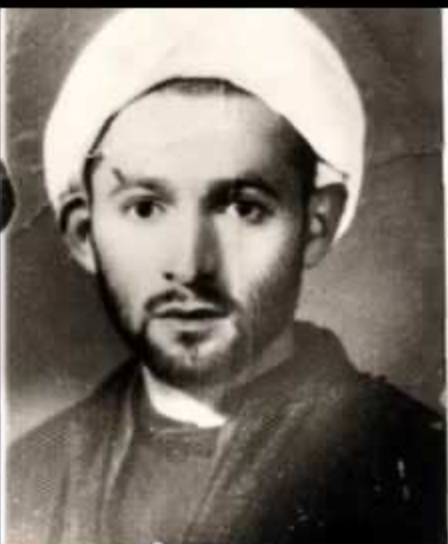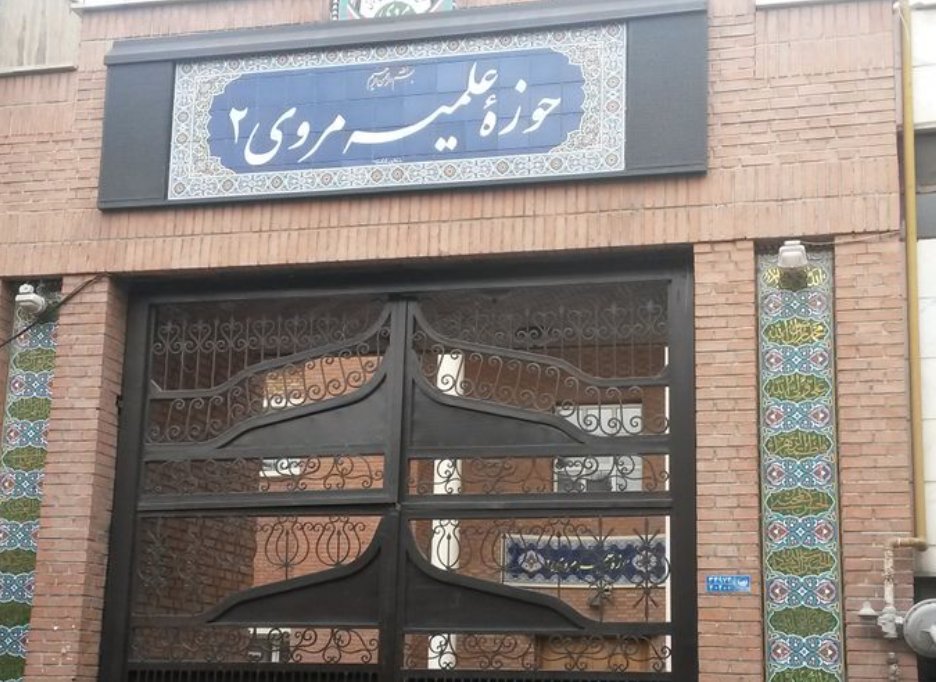One of many copies in the #BritishLibrary of al-Tuhfa al-mursala ila (ruh) al-nabi of the (Shattari?) Muhammad b. Fadlallah Mubarakpuri (d. 1619) 1/ 

#Mubarakpuri wrote the work in 1590 and emanating from Western India into the #Indianocean and #SEAsia it became a major and simple conduit for the dissemination of the #IbnArabiSchool and its metaphysics 2/
In libraries around the world there are numerous copies as well as studies and editions and translations by the like of A.H. Johns books.google.co.uk/books/about/Al… 3/
There are also commentaries starting with Shams al-Din Sumatrai (d. 1630) of Aceh studied by Rushdan Jailani in his @ExeterIAIS PhD and Mohammad Nasrin in his #ISTAC PhD which is published wardahbooks.com/products/theme… 4/
Sumatrai’s study focused on the doctrine of the perfect man but also extended the notion of the five divine presences into seven divine presences 5/
Perhaps the most famous commentary is Ithaf al-dhaki of the Shattari Sufi of the Hijaz Ibrahim Kurani (d. 1690) kafilahbuku.com/indonesia/itha… 6/
One study of that later text and the emergence of ‘reformism’ even in the #IbnArabiSchool is this article of Basheer Nafi jstor.org/stable/1571418… 7/
An earlier conduit for the spread of the monism of the #IbnArabiSchool in #SEAsia was Hamzah Fansuri (d. c. 1590) also of Aceh who may still have been alive in 1620 see this study of Braginsky persee.fr/doc/arch_0044-… 9/
The classic study on Fansuri is Syed Naquib al-Attas’s 1966 London PhD dissertation available here eprints.soas.ac.uk/29629/ 9/
Later reformists attacking the #IbnArabiSchool focused on Fansuri and al-Tuhfa al-mursala as studied by Azyumardi Azra and linked back to the tradition of #Kurani 10/ 

So it seems for the #IbnArabiSchool in #SEAsia the main dissemination was not through formal commentary on #IbnArabi himself but the vernacularisation of texts into #Malay while retaining a transnational scholarly link to the #ArabicCosmopolis 11/
In that sense the debates on monism in #SEAsia were an extension of those in the #Hijaz and the wider #IndianOcean that demonstrate the way in which connections throughout the systems were central to #intellectualhistory 12/
• • •
Missing some Tweet in this thread? You can try to
force a refresh
















